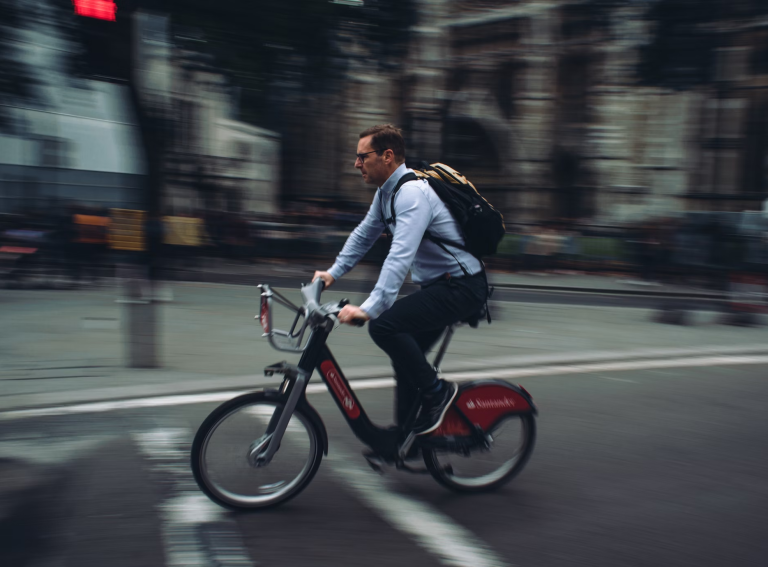The Government’s decision to delay the planned legalisation of private e-scooters in the UK means some micromobility companies may not survive, according to UK operator Ginger.
The Department for Transport (DfT) confirmed to Zag that the Transport Bill has been postponed and details on the timing of its planned legislation on the Future of Transport, including for micromobility, will be announced in due course.
“The immediate priority of responding to the cost of living pressures means the Government has had to consider its legislative priorities,” said a DfT spokesperson.
Commenting on the announcement, Paul Hodgins, CEO of Ginger, told Zag: “This ongoing delay is doing great damage to an important future industry that we need for future jobs. Emerging British companies are in danger of not surviving because investment is choked off by the uncertainty. This is where future transport is going, and these delays are inadvertently ensuring the industry ecosystem and high value jobs will go elsewhere.”
Back in May, Baroness Vere of Norbiton, Parliamentary Under Secretary of State at the DfT announced that the UK Government would be creating a new low-speed zero-emission vehicle category.
The bill was originally due to be put to parliament in the current parliamentary session, which began with the Queen’s Speech and based on convention is likely to run until sometime in Spring 2023.
“It is disappointing to see that the legislation on e-scooter as part of the ‘narrow Transport Bill’ that the previous Transport Secretary was ‘pitching for’ will not be coming in this session,” Kumar Niketan, PACTS Advocacy Officer, told Zag.
“During the adjournment debate on the anti-social use of e-scooters, in the House of Commons on 8th December, The Minister responsible for transport decarbonisation, Jesse Norman, recognised the need and benefits of early effective legislation but declined to give a timeline. The government has maintained that this legislation remains a priority. It is unfortunate to see that while the e-scooter-related casualties and fatalities are rising along with the illegal use of private e-scooters, the public, retailers and other stakeholders are still waiting for the government to act on their priority.”
For now, riding a privately owned e-scooter on public roads remains illegal, with their use only permitted on private land.
INOKIM Founder and Chairman Kfir Ben-Shooshan added: “Obviously the U.K. government will proceed at its own pace and in a responsible manner until they formulate the best way for the British people. INOKIM’s role is to be an agent of change and soldier on diligently until INOKIMs vision of the future of urban personal commuting is a firm reality.”










